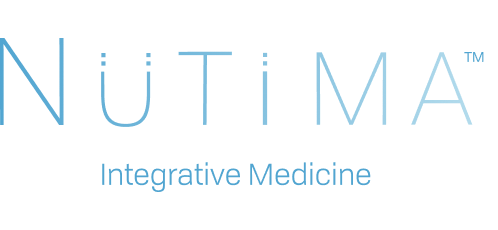Red wine is widely touted as a healthy beverage rich in antioxidant proanthocyanidins (which are short chains of flavonoids hooked together). However, one small study in adult men showed that in fact they absorbed far more of these healthy compounds from black tea or onions than red wine (de Vries, et al. 2001). It is unfortunate chocolate and coffee weren’t compared as well.
This study is particularly important because it does not match what some studies in the test tube found. One of these found that red wine was more active as an antioxidant in vitro than tea (Seeram, et al. 2008). This doesn’t really matter when we have human studies saying the stuff in red wine is far less absorbed than tea!
Tea can provide a significant amount of flavonoids every day. In a survey of Polish adults, who admittedly didn’t eat that many vegetables, their daily intake of tea made up for a lot of this, at least in terms of how many flavonoids they were getting (Ilow, et al. 2012).
As an added bonus, tea but not wine improves digestion after a high-fat meal (Heinrich, et al. 2010).
In men, one glass of wine per day is probably a net benefit given the alcohol content, but in women, this is not the case. Even one glass of wine per day is enough alcohol to tip the risk equation toward higher risk of breast cancer (Bagnardi, et al. 2001). In men, the benefits on cardiovascular health outweigh the increased risks of cancer. Overall these changes in risk are not very large, so don’t worry too much.
Summary
Based on available evidence, drinking tea is probably better for you than wine, both in moderation.
References
Bagnardi V, Blangiardo M, La Vecchia C, Corrao G (2001) “Alcohol consumption and the risk of cancer: a meta-analysis” Alcohol Res Health 25(4):263-70.
de Vries JH, Hollman PC, van Amersfoort I, et al. (2001) “Red wine is a poor source of bioavailable flavonols in men” J Nutr 131(3):745-8.
Heinrich H, Goetze O, Menne D, et al. (2010) “Effect on gastric function and symptoms of drinking wine, black tea, or schnapps with a Swiss cheese fondue: randomised controlled crossover trial” BMJ 341:c6731.
Ilow R, Regulska-Ilow B, Rózańska D, et al. (2012) “Assessment of dietary flavonoid intake among 50-year-old inhabitants of Wroclaw in 2008” Adv Clin Exp Med 21(3):353-62.
Seeram NP, Aviram M, Zhang Y, et al. (2008) “Comparison of antioxidant potency of commonly consumed polyphenol-rich beverages in the United States” J Agric Food Chem 56(4):1415-22.
